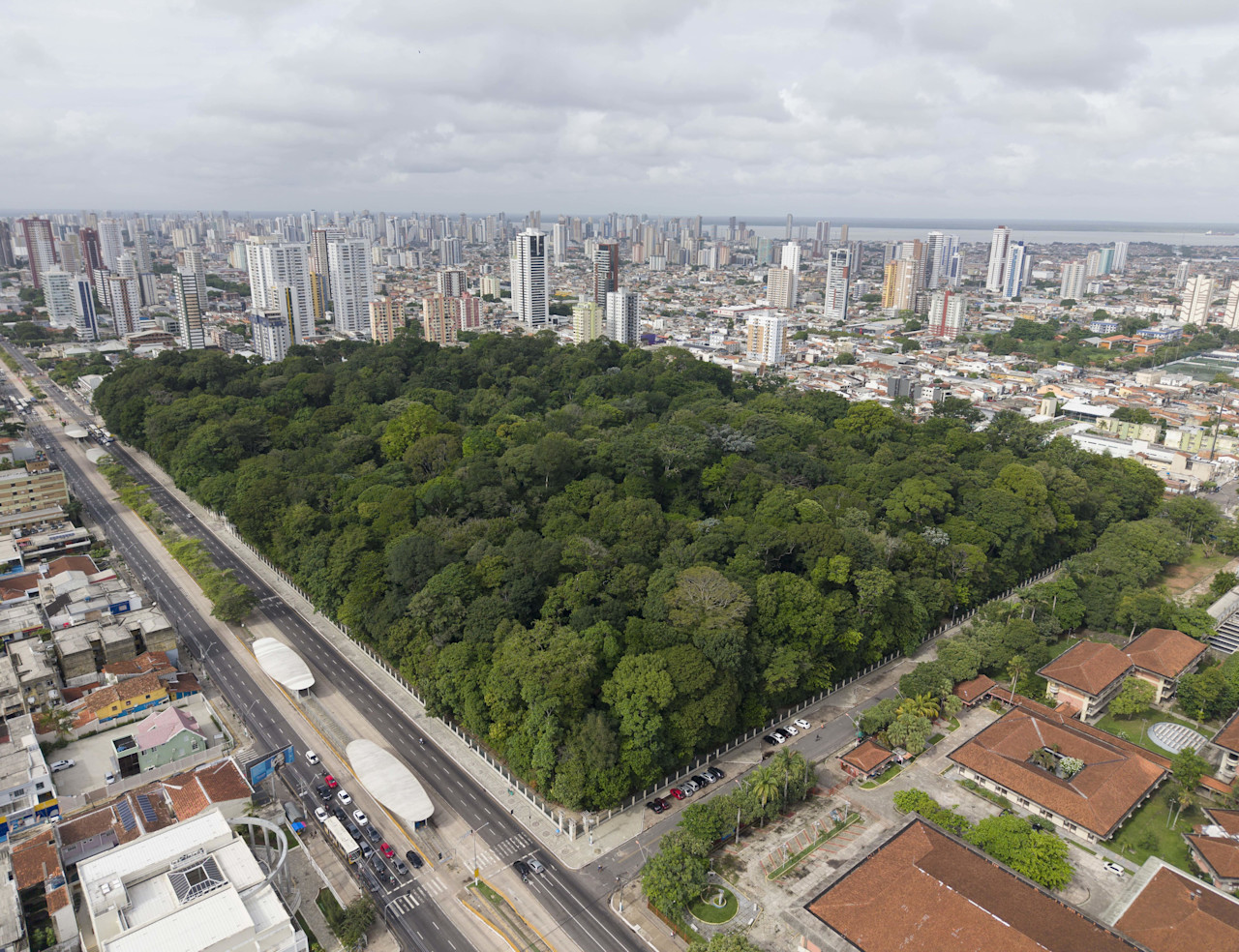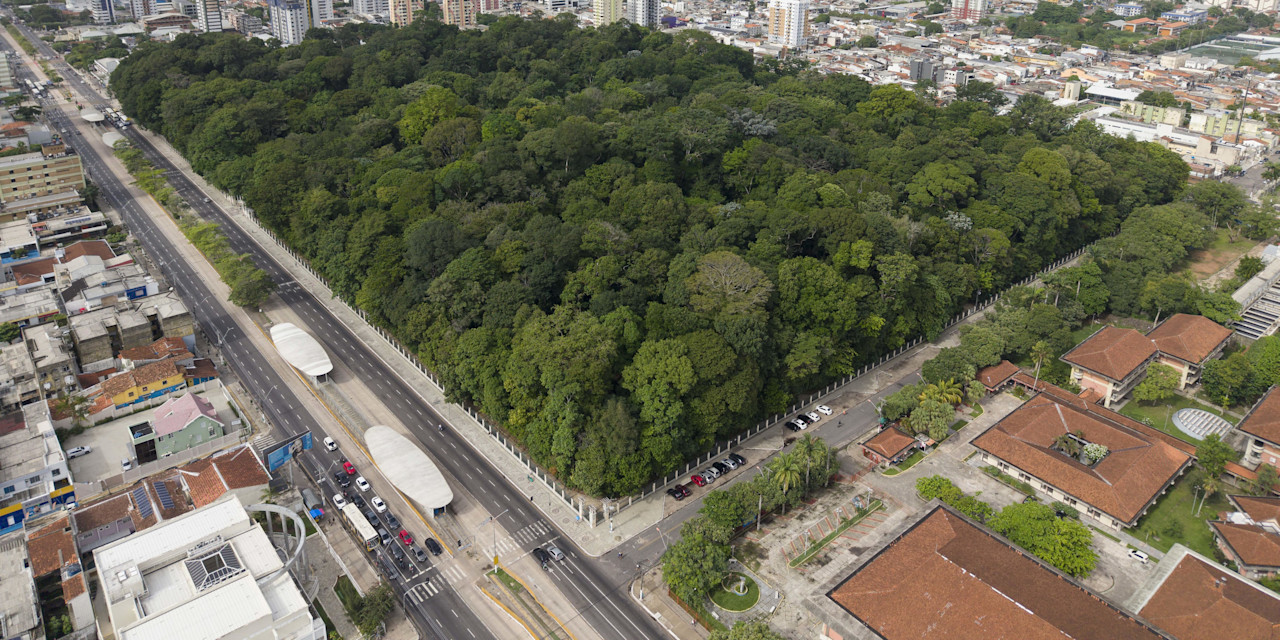

SI Dilemma: The unexpected debate about weapons
Sustainable investing has never been static. It has evolved over the decades to include a wider range of asset classes and approaches. A certain set of beliefs has tended to underpin all approaches though, tied to the concept of environmental protection and inter-generational equity, and aligned with identification of the most important topics. The arrival of the Sustainable Development Goals (SDGs) in 2015 further helped to provide a common, albeit imperfect, reference framework for sustainable investors.
まとめ
- War in Ukraine raises question of weapons used to protect peace
- Weapons avoidance has been a long-standing core element in SI
- Changing perceptions takes time, but challenging beliefs is necessary
But now, one of the longest-standing tenets of sustainable investing has been challenged – the exclusion of weapons from sustainable portfolios. Weapons exclusion has never been a simple binary issue, since investors have always had to make decisions, such as should all weapons be excluded, or just those sold to the military? And should just the manufacturers of weapons be excluded, or also the retailers? And do we put firearms for sports in the same category as cluster bombs?
Most sustainable investors generally agree on the basic principles though, and the practice of avoiding the most controversial types of weapons is not limited to ethical or sustainable investing. In Switzerland, the Federal Act on War Material prevents all Swiss banks and pension funds from investing in equipment that has been specifically designed for military combat. This is a relatively narrow range of activities though, and consequently the industry body Swiss Sustainable Finance does not include funds with only the minimal legally required weapons exclusions in its estimate of sustainably managed assets.
The war in Ukraine has triggered a debate over weapons exclusions, with some investors and commentators calling for reconsideration of the near-universal exclusion of weapons from sustainable portfolios. The catalyst for the discussion is whether weapons are in fact a necessary tool to protect peace and democracy; could weapons actually contribute to, or even be necessary to achieve, SDG16: Peace, justice and strong institutions?
サステナビリティに関する最新のインサイトを把握
ロベコのニュースレター(英文)に登録し、サステナブル投資の最新動向を探求しましょう。
EU Taxonomy
The debate is further fuelled by the proposal in February for an EU Sustainable Finance Social Taxonomy that only explicitly deems highly controversial weapons to be fundamentally opposed to social objectives. This is a similarly narrow definition to that in the Swiss regulation, raising the possibility that non-military firearms could play a role in helping to achieve other social aims, such as protecting human rights.
Thus far, the strength of feeling about weapons seems too deep to meaningfully shift sustainable portfolios in the short term. More weapons are not a guarantee for safer and more peaceful societies; in fact, it’s probably the opposite, given the close link between high rates of gun violence and weak gun control laws. Investors in public companies have no guarantee that weapons sold by investee companies would only be used for ‘good’, nor can they control where they end up. And while the goals of SDG 16 may be difficult to achieve, its first target cannot be ignored: “Reduce all forms of violence and related death rates everywhere”.
Emerging with a new outlook
This discussion will no doubt re-emerge in future, as many topics do that involve a trade off between possible positive and negative outcomes. These challenges to generally accepted views are valuable, even if we disagree, or think that we do.
Considering different points of view forces us to pay attention to changes in the world and to reassess whether our decisions are still valid and evidence based. We emerge either with greater conviction, or with a new outlook that is more relevant.
SIディベート
重要事項
当資料は情報提供を目的として、Robeco Institutional Asset Management B.V.が作成した英文資料、もしくはその英文資料をロベコ・ジャパン株式会社が翻訳したものです。資料中の個別の金融商品の売買の勧誘や推奨等を目的とするものではありません。記載された情報は十分信頼できるものであると考えておりますが、その正確性、完全性を保証するものではありません。意見や見通しはあくまで作成日における弊社の判断に基づくものであり、今後予告なしに変更されることがあります。運用状況、市場動向、意見等は、過去の一時点あるいは過去の一定期間についてのものであり、過去の実績は将来の運用成果を保証または示唆するものではありません。また、記載された投資方針・戦略等は全ての投資家の皆様に適合するとは限りません。当資料は法律、税務、会計面での助言の提供を意図するものではありません。 ご契約に際しては、必要に応じ専門家にご相談の上、最終的なご判断はお客様ご自身でなさるようお願い致します。 運用を行う資産の評価額は、組入有価証券等の価格、金融市場の相場や金利等の変動、及び組入有価証券の発行体の財務状況による信用力等の影響を受けて変動します。また、外貨建資産に投資する場合は為替変動の影響も受けます。運用によって生じた損益は、全て投資家の皆様に帰属します。したがって投資元本や一定の運用成果が保証されているものではなく、投資元本を上回る損失を被ることがあります。弊社が行う金融商品取引業に係る手数料または報酬は、締結される契約の種類や契約資産額により異なるため、当資料において記載せず別途ご提示させて頂く場合があります。具体的な手数料または報酬の金額・計算方法につきましては弊社担当者へお問合せください。 当資料及び記載されている情報、商品に関する権利は弊社に帰属します。したがって、弊社の書面による同意なくしてその全部もしくは一部を複製またはその他の方法で配布することはご遠慮ください。 商号等: ロベコ・ジャパン株式会社 金融商品取引業者 関東財務局長(金商)第2780号 加入協会: 一般社団法人 日本投資顧問業協会























